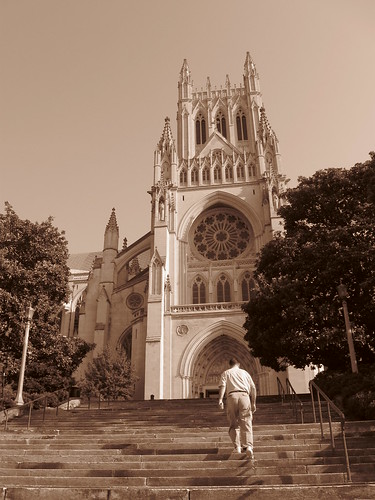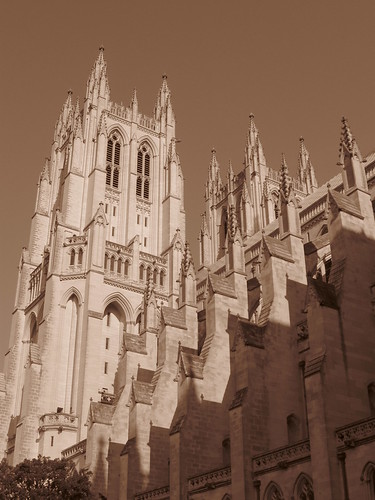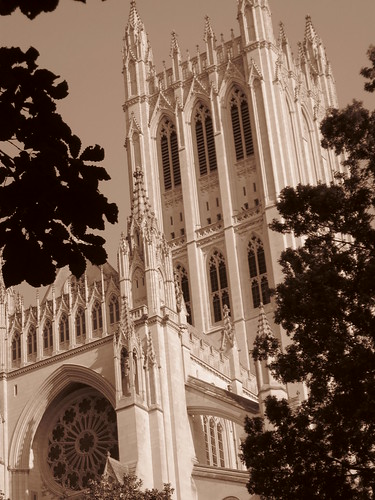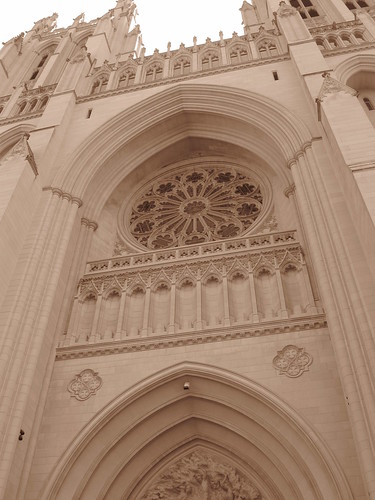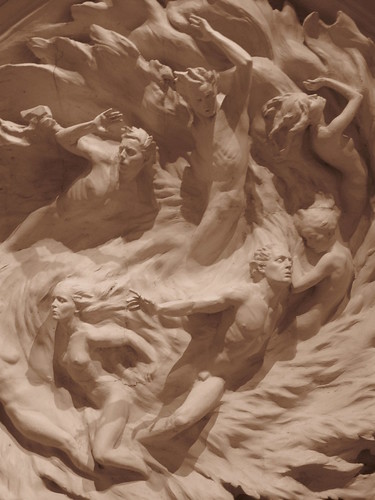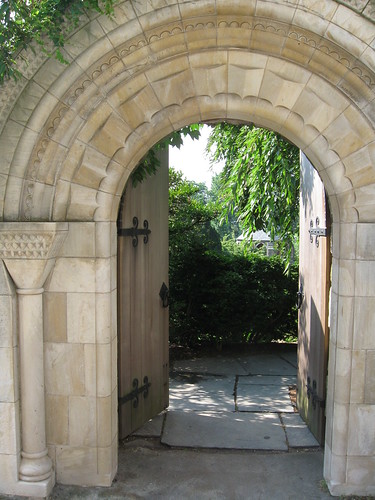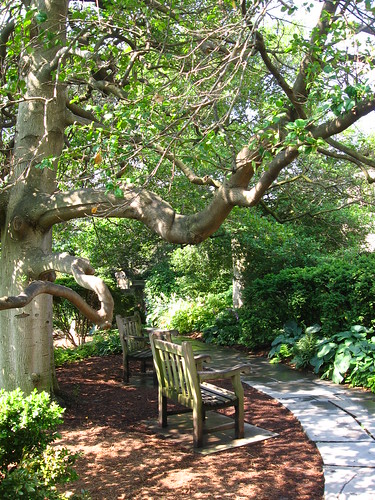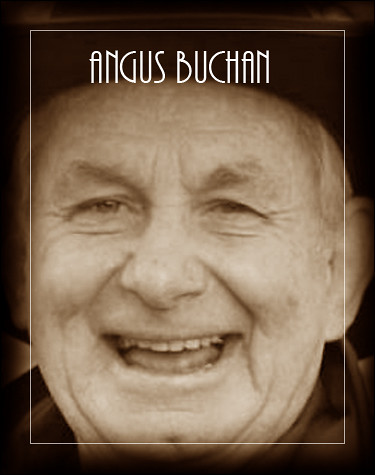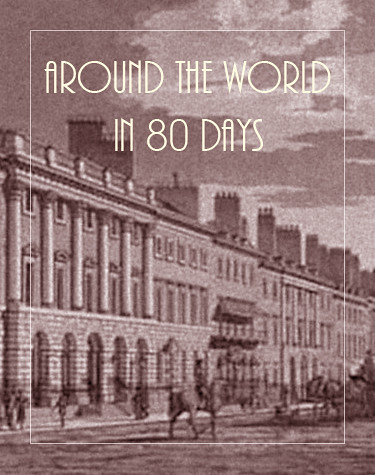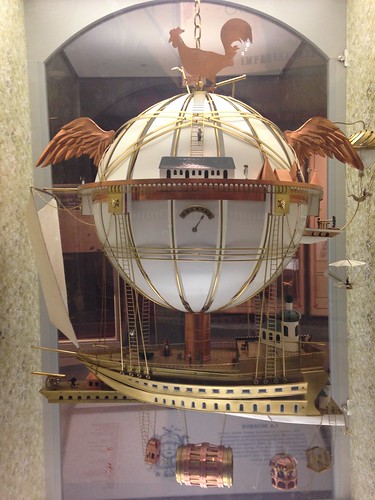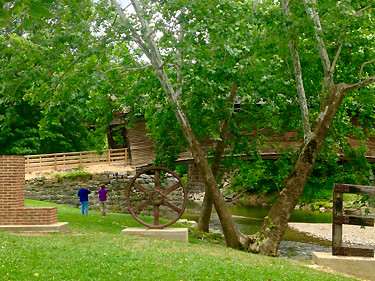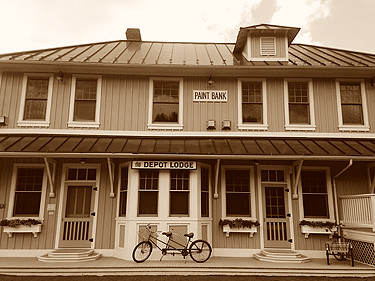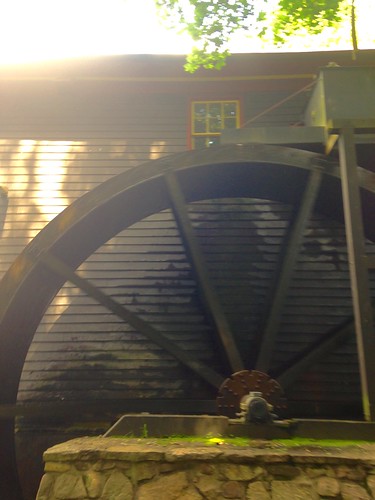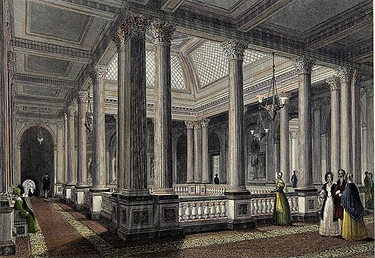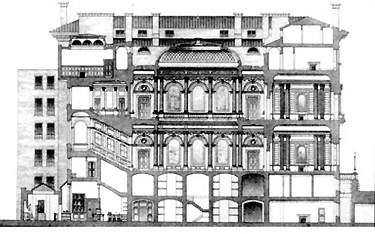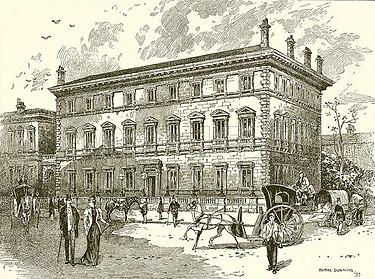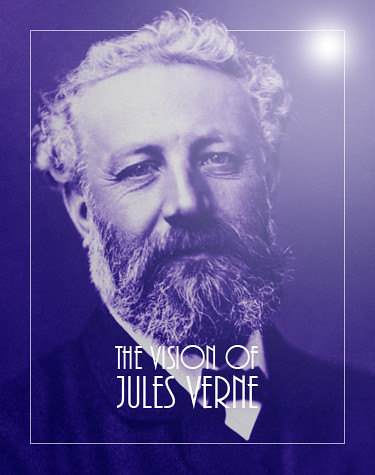
Volume XIII, Issue VI
Around the World in 80 Days
By Jules Verne, Chapter IV
In which Phileas Fogg Astounds Passepartout, His Servant
Having won twenty guineas at whist, and taken leave of his friends, Phileas Fogg, at twenty-five minutes past seven, left the Reform Club.
Passepartout, who had conscientiously studied the programme of his duties, was more than surprised to see his master guilty of the inexactness of appearing at this unaccustomed hour; for, according to rule, he was not due in Saville Row until precisely midnight.
Mr. Fogg repaired to his bedroom, and called out, “Passepartout!”
Passepartout did not reply. It could not be he who was called; it was not the right hour.
Passepartout!” repeated Mr. Fogg, without raising his voice.
Passepartout made his appearance.
I’ve called you twice,” observed his master.
But it is not midnight,” responded the other, showing his watch.
I know it; I don’t blame you. We start for Dover and Calais in ten minutes.”
A puzzled grin overspread Passepartout’s round face; clearly he had not comprehended his master.
Monsieur is going to leave home?”
Yes,” returned Phileas Fogg. “We are going round the world.”
Passepartout opened wide his eyes, raised his eyebrows, held up his hands, and seemed about to collapse, so overcome was he with stupefied astonishment.
Round the world!” he murmured.
In eighty days,” responded Mr. Fogg. “So we haven’t a moment to lose.”
But the trunks?” gasped Passepartout, unconsciously swaying his head from right to left.
We’ll have no trunks; only a carpet-bag, with two shirts and three pairs of stockings for me, and the same for you. We’ll buy our clothes on the way. Bring down my mackintosh and traveling-cloak, and some stout shoes, though we shall do little walking. Make haste!”
Passepartout tried to reply, but could not. He went out, mounted to his own room, fell into a chair, and muttered: “That’s good, that is! And I, who wanted to remain quiet!”
He mechanically set about making the preparations for departure. Around the world in eighty days! Was his master a fool? No. Was this a joke, then? They were going to Dover; good! To Calais; good again! After all, Passepartout, who had been away from France five years, would not be sorry to set foot on his native soil again. Perhaps they would go as far as Paris, and it would do his eyes good to see Paris once more. But surely a gentleman so chary of his steps would stop there; no doubt — but, then, it was none the less true that he was going away, this so domestic person hitherto!
By eight o’clock Passepartout had packed the modest carpet-bag, containing the wardrobes of his master and himself; then, still troubled in mind, he carefully shut the door of his room, and descended to Mr. Fogg.
Mr. Fogg was quite ready. Under his arm might have been observed a red-bound copy of Bradshaw’s Continental Railway Steam Transit and General Guide, with its timetables showing the arrival and departure of steamers and railways. He took the carpet-bag, opened it, and slipped into it a goodly roll of Bank of England notes, which would pass wherever he might go.
You have forgotten nothing?” asked he.
Nothing, monsieur.”
My mackintosh and cloak?”
Here they are.”
Good! Take this carpet-bag,” handing it to Passepartout. “Take good care of it, for there are twenty thousand pounds in it.”
Passepartout nearly dropped the bag, as if the twenty thousand pounds were in gold, and weighed him down.
Master and man then descended, the street-door was double-locked, and at the end of Saville Row they took a cab and drove rapidly to Charing Cross. The cab stopped before the railway station at twenty minutes past eight. Passepartout jumped off the box and followed his master, who, after paying the cabman, was about to enter the station, when a poor beggar-woman, with a child in her arms, her naked feet smeared with mud, her head covered with a wretched bonnet, from which hung a tattered feather, and her shoulders shrouded in a ragged shawl, approached, and mournfully asked for alms.
Mr. Fogg took out the twenty guineas he had just won at whist, and handed them to the beggar, saying, “Here, my good woman. I’m glad that I met you;” and passed on.
Passepartout had a moist sensation about the eyes; his master’s action touched his susceptible heart.
Two first-class tickets for Paris having been speedily purchased, Mr. Fogg was crossing the station to the train, when he perceived his five friends of the Reform.
Well, gentlemen,” said he, “I’m off, you see; and, if you will examine my passport when I get back, you will be able to judge whether I have accomplished the journey agreed upon.”
Oh, that would be quite unnecessary, Mr. Fogg,” said Ralph politely. “We will trust your word, as a gentleman of honour.”
You do not forget when you are due in London again?” asked Stuart.
In eighty days; on Saturday, the 21st of December, 1872, at a quarter before nine p.m. Good-bye, gentlemen.”
Phileas Fogg and his servant seated themselves in a first-class carriage at twenty minutes before nine; five minutes later the whistle screamed, and the train slowly glided out of the station.
The night was dark, and a fine, steady rain was falling. Phileas Fogg, snugly ensconced in his corner, did not open his lips. Passepartout, not yet recovered from his stupefaction, clung mechanically to the carpet-bag, with its enormous treasure.
Just as the train was whirling through Sydenham, Passepartout suddenly uttered a cry of despair.
What’s the matter?” asked Mr. Fogg.
Alas! In my hurry — I— I forgot —”
What?”
To turn off the gas in my room!”
Very well, young man,” returned Mr. Fogg, coolly; “it will burn — at your expense.”
(to be continued)

Apollonius
By Bob Kirchman
Copyright © 2017, The Kirchman Studio, all rights reserved
Introduction: A Bit More Reckless Engineering
The establishment of the Alaska Republic in the mid-Twenty-first Century opened up a time of new growth and prosperity for mankind. Tundra farms, biospheres and determination tamed the world's Northernmost frontiers and created homes for millions. Rupert Zimmerman had been one of the initial visionaries but his daughter Elizabeth, his son-in-law Martin and his granddaughter would go even further. The Summer sun never set on the gleaming tower taking shape on Cape Lisbon and crews were working round the clock to complete the gigantic linear accelerator launch complex... a bridge, as it were, to other worlds. On drawing screenpads in Wales, the schematics for the Great Northern, a space ship of epic proportions were being developed. Since the days of Jules Verne, people dreamed of traveling into space and exploring her riches. The American space program set men on the moon in 1969 but there was no economic reason to go further. Great Northern would be built slowly, and the completed ship would be able to make the nine month long journey to the orbit of Mars. There the technology developed to tame the Earth's North; greenhouses and biospheres, would be tested as a means of beginning to terraform the red planet. There were always those thinkers who felt that mankind needed to extend their presence to other worlds to assure survival. Though Zimmerman felt the survival of mankind was in the hands of Someone much higher, he welcomed the investment of such people in the space program.
Indeed; Rupert saw it more as the same need he had first identified in his seven month old granddaughter... the need to go further. The need to move forward! He noticed that the girl was fussy as an infant, but as she learned to push herself up, to roll, and eventually scoot along the floor, she became quite content in her quest for adventure! Humankind seemed created with an almost insatiable need to reach out and that was reason enough for Rupert Zimmerman.
(to be continued)

This composite image of Earth and its moon, as seen from Mars, combines the best Earth image with the best moon image from four sets of images acquired on Nov. 20, 2016, by the High Resolution Imaging Science Experiment (HiRISE) camera on NASA's Mars Reconnaissance Orbiter. NASA Photo

The Linear Induction Launch System at Cape Lisbon. [1.]
Terraforming Mars
National Geographic
For some time there has been a fascination with the idea of colonizing Mars.
In 1952, Wernher von Braun wrote a book called "Project Mars" [1.] which imagined that human colonists on Mars would be led by a person called "Elon." Starting with A Princess of Mars [2.] in 1917, Edgar Rice Burroughs wrote eleven novels that portrayed an arid world he called Barsoom made habitable by an “atmosphere factory” (these books were the basis for the recent Disney movie John Carter). The stories in Ray Bradbury’s 1950 collection The Martian Chronicles [3.] were set on a desert planet crisscrossed with canals built by an alien civilization to distribute water from the polar caps. Arthur C. Clarke’s 1952 novel The Sands of Mars [4.] also presents a transformation of the Red Planet to support human life. Kim Stanley Robinson’s Red Mars/Green Mars/Blue Mars trilogy was published in the period of 1992-1996. [5.]

Chasma Boreale, a long, flat-floored valley, cuts deep into Mars' north polar icecap. Its walls rise about 4,600 feet, or 1,400 meters, above the floor. Where the edge of the ice cap has retreated, sheets of sand are emerging that accumulated during earlier ice-free climatic cycles. Winds blowing off the ice have pushed loose sand into dunes and driven them down-canyon in a westward direction. NASA Image

The Orb of Mars. NASA Photo

This is a screen shot from a high-definition simulated movie of Mojave Crater on Mars, based on images taken by the High Resolution Imaging Science Experiment (HiRISE) camera on NASA's Mars Reconnaissance Orbiter. A 3-D surface model was created using stereo pairs from the HiRISE camera. Mojave Crater has a diameter of 60 kilometers (37 miles). NASA Image
My Cathedral in Four Seasons
Photos by Bob Kirchman

Winter

Spring

Summer

Fall
O sing unto the Lord a new song: sing unto the Lord, all the earth.
Sing unto the Lord, bless his name; shew forth his salvation from day to day.
Declare his glory among the heathen, his wonders among all people.
For the Lord is great, and greatly to be praised: he is to be feared above all gods.
For all the gods of the nations are idols: but the Lord made the heavens.
Honour and majesty are before him: strength and beauty are in his sanctuary.
Give unto the Lord, O ye kindreds of the people, give unto the Lord glory and strength.
Give unto the Lord the glory due unto his name: bring an offering, and come into his courts.
O worship the Lord in the beauty of holiness: fear before him, all the earth.
Say among the heathen that the Lord reigneth: the world also shall be established that it shall not be moved: he shall judge the people righteously.
Let the heavens rejoice, and let the earth be glad; let the sea roar, and the fulness thereof.
Let the field be joyful, and all that is therein: then shall all the trees of the wood rejoice
Before the Lord: for he cometh, for he cometh to judge the earth: he shall judge the world with righteousness, and the people with his truth.” -- Psalm 96
Beauty and Desecration
By Roger Scruton
[Click to Read]
At any time between 1750 and 1930, if you had asked an educated person to describe the goal of poetry, art, or music, “beauty” would have been the answer. And if you had asked what the point of that was, you would have learned that beauty is a value, as important in its way as truth and goodness, and indeed hardly distinguishable from them. Philosophers of the Enlightenment saw beauty as a way in which lasting moral and spiritual values acquire sensuous form. And no Romantic painter, musician, or writer would have denied that beauty was the final purpose of his art. (read more)
Paradigm Shift
Should Christ’s Followers be Futurists?
By Bob Kirchman
Roger Scruton points to a time when the transcendent informed the direction of the present. The disciplines of Art, Music and Design in particular sought to lift our existence. Cathedrals aspired to Heaven in their very design, warping stone into a visual depiction of the intersection of nature and Supernatural. Modern thought has usurped all of that.
The Faithful, for their part, seem to have surrendered.
A George Barna poll suggests that only a single digit percentage of those who profess to be believers actually have a Biblical worldview. Read between the lines and that statistic suggests that something else informs them. Another statistic says that most people get their news from the big three networks in spite of the recent profusion of alternative sources which question the narrative being put forth both by the academy and popular media. I want to look specifically at the church, and how it has possibly abdicated its role as a shaper of the human experience.
Without being overly critical, and mainly as a point of discussion, I would like to look at the modern interaction of church and culture. First of all, the secular society has in so many ways told the Faithful that while they are free to worship, they are not welcome in the public square. The church, for its part, has too quickly and quietly left the shaping of culture to the Barbarians, so to speak. In order to be ‘relevant’ we take on the music and trappings of the society around us more often than we offer alternative. Our architecture, once rich with transcendent imagery, has become increasingly metal buildings with a theater inside. We have to find older structures to be inspired by stained glass and pipe organs.
We rationalize this on the basis of stewardship (metal buildings are cheaper) and evangelism (most people today don’t listen to Handel and movies/music are the language and literature of the young). The reaching out into our culture is not a bad thing at all and we should not be extravagant in our building programs, but I would suggest that our modern paradigm has left us with a noticeable poverty in illuminating the pathway to things Divine.
Some of our brothers are too quick to jump into eschatology and too slow to practice practical economic development. We sometimes seem too preoccupied with apocalyptic visions and ‘getting out of here.’ As Christ’s ambassadors, we cease to man the embassy. The sad thing is that only reinforces the view of many around us that we are irrelevant. We want to be raptured; they can't wait for us to go!
If in centuries past, the call of Transcendent Truth shaped how we built things as well as how we thought about them, can we not find value in that today? If I should drop dead this moment, will not my unrealized visions still have inspired someone to ‘look up?’ I sincerely hope so. To that end, should we not seek to fulfill our calling on this Earth well, knowing that the call to ‘come higher’ is not an end but a beginning? That calling might indeed drive us to envision great things… not from hubris but rather from a sense that we serve a great Master. We are here creating our sample work. One day we shall stand in His studio. Will he indeed say: “Well done, good and faithful servant!” Then might He not continue: “Come see what I am working on!”
While I am obviously not advocating an over-zealous Asceticism that creates a very utilitarian culture aimed at simply doing our job here, surviving this horrible world and getting out; neither is it a call to the opulence that has characterized some television ministries. It is possible to offer our best, within our means, and create things that are in themselves an expression of worship. I think of the many country churches with their fine craftsmanship and simple lines. Can we find that elegance again? I believe we can. I believe we can create works in keeping with our profession of the richness of the Divine. I believe we will do the world a great service by doing so.
Yes, we should dream dreams and inspire our young people to do so as well. We should help revitalize communities on other continents. We should offer beauty and purpose to our own. Young people need to stand in our churches and sing beautiful solos that move us to tears. We should remember the lessons of times past, where the hope of Heaven fueled our passion to make our world a better place as a testimony to that hope. We, of all people, should indeed be ‘Futurists.’



